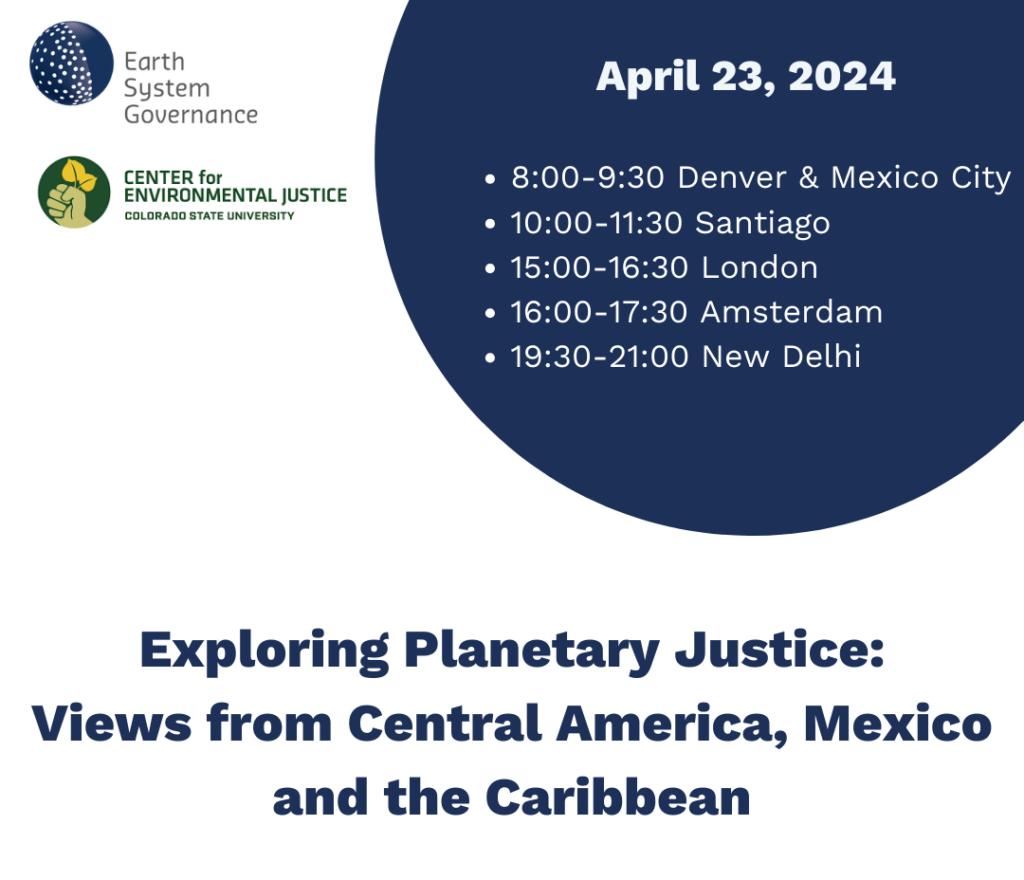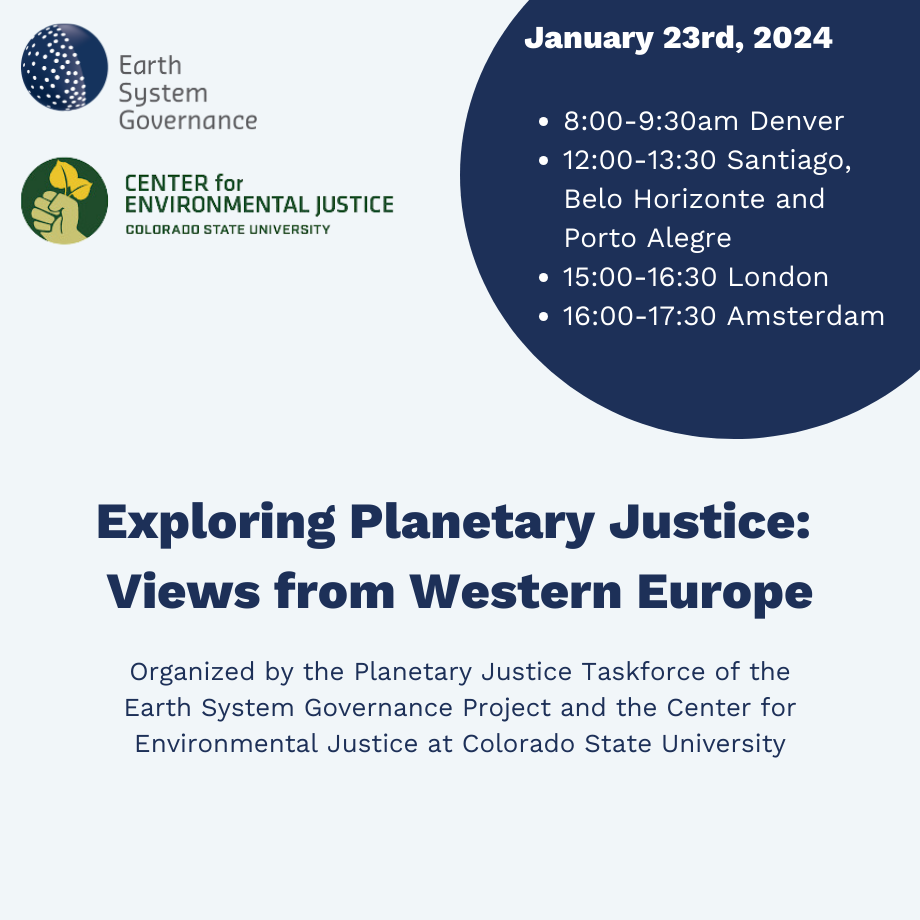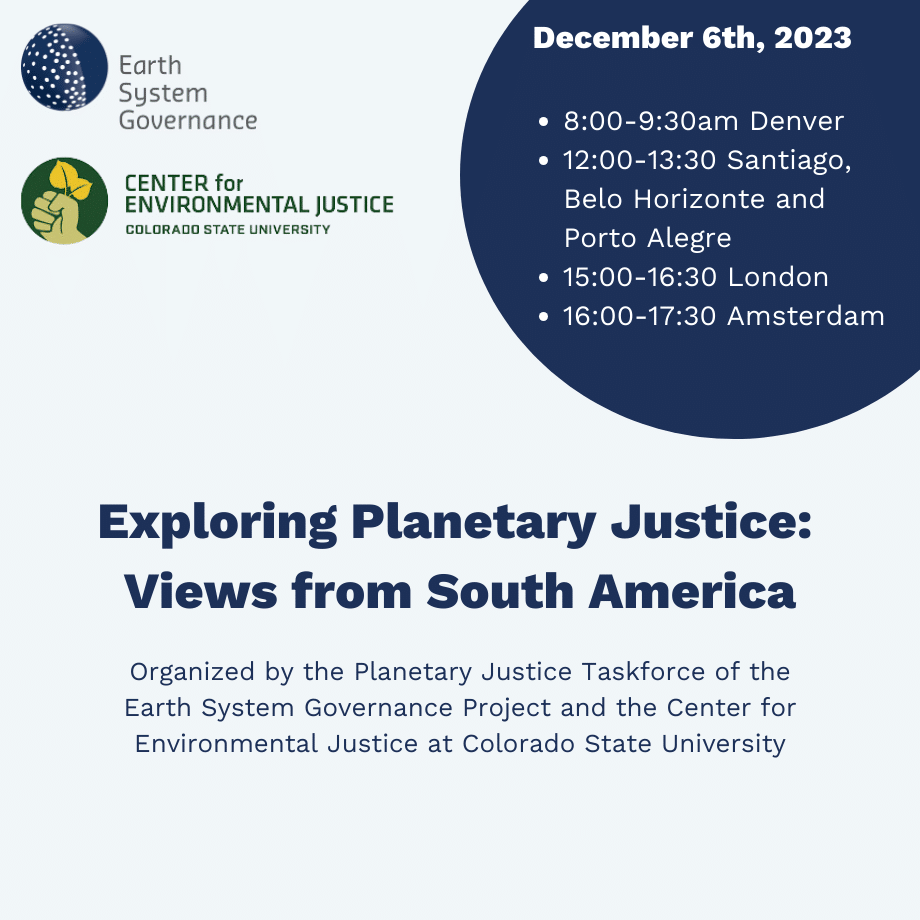Noragric at the Norwegian University of Life Sciences will organize the second course of the Thor Heyerdahl Summer School series in Environmental Governance from June 25-July 6, 2012. The title of this course is ‘Global Environmental Governance’. The course will focus on the frontiers of theory formation in the field of global environmental governance emphasizing both the earth systems dimension and the issue of international environmental agreements.
Key note speakers will be Frank Biermann, Clive Spash and Oran Young. The summer school is directed towards PhDs. A few places will also be offered to young researchers in the field.
The Summer School in Environmental Governance offers PhDs and young researchers the opportunity to develop high level skills in analyzing governance issues like climate change, biodiversity preservation, sustainable use of biological resources, water management, and pollution. The Summer School creates an arena for critical reflection on the present status of both theory and practice in the field, and an opportunity to discuss alternatives to current developments and solutions.
Deadline for application for the 2012 course is 15 February 2012.
In this course participants will learn about on the frontiers of theory formation in the field of global environmental governance. The course will also cover a wide variety of empirical questions concerning the processes of formulating environmental regimes, their interplay and the relationships between environmental regimes and core institutions governing the global economy. The course will have strong emphasis on interdisciplinary analyses.
Global environmental governance concerns the international agreements and regimes focusing on environmental issues that are formed or under formation. Specifically, it looks at the formation of governance structures – institutions and new actors – where there is no sovereign authority. We can observe different phases in this research. At the beginning it was mainly focused on the making of such agreements/regimes. Later came an increased emphasis on their success or effectiveness implying that studies on implementation both at national and local levels became important. Finally, we have seen a move towards a) increased focus on the interactions between various agreements and the natural systems they aim to influence, and b) emphasis on the role also of non-state actors like NGOs, business and international organizations.
The field is first of all characterized by interdisciplinarity. We see studies more and more combining natural and social sciences – e.g., ‘earth systems governance’. While the field of natural sciences is dominated by attempts to model the dynamics of various interrelated systems – e.g., climate systems modeling – the social science field is more dominated by qualitative research. The latter is moreover characterized by different competing theories on the interaction between states – e.g., realist, liberal institutionalist, constructivist models.
On the basis of the above, this course will focus on the frontiers of theory formation in the field of global environmental governance. It will also cover a wide set of empirical questions concerning the processes of formulating environmental regimes, their interplay and the relationships to institutions governing the global economy. It will focus on the varied landscape of successes and failures and try to disentangle the causes and reasons for this situation not least through looking at the interests of the various actors involved. Questions about how to succeed better in the future will also be raised – both concerning research and the governance field itself.
The course will have a thematic focus comprising theoretical and empirical elements. The course will moreover combine a series of working formats – e.g., lectures, seminars, round tables and group work. Empirical analyses will be included to link the theoretical emphasis with empirical applications and in depth analyses.
The summer school is endorsed by the Earth System Governance Project together with the International Society of Ecological Economics and the European Society of Ecological Economics. More information, including programme and detailled topic description is available at www.umb.no/thor-heyerdahl-summer-school.



